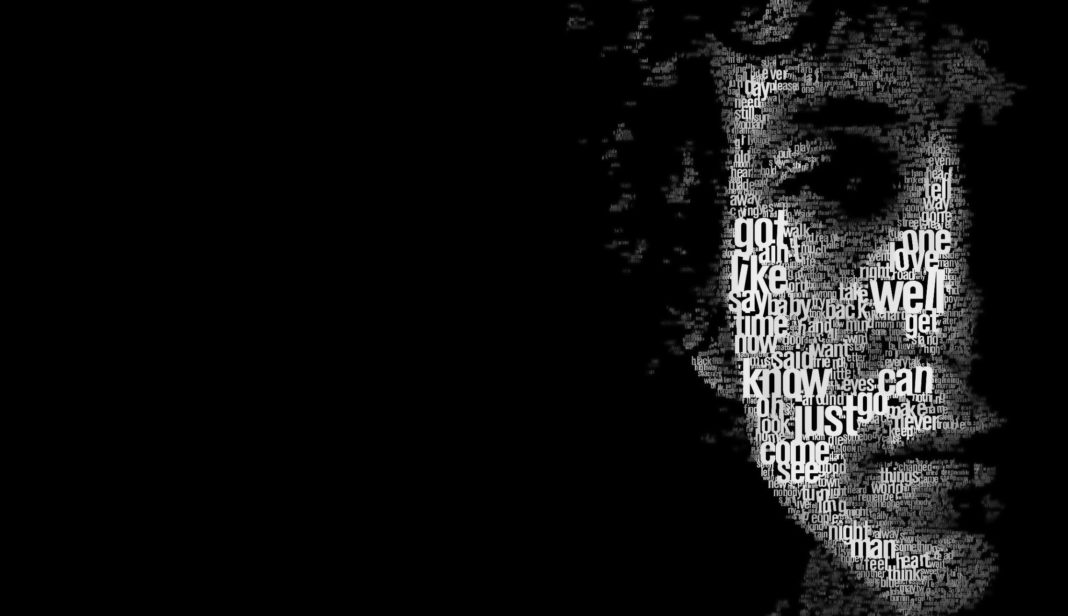On Bob Dylan’s 75th birthday, Donal O’Keeffe recalls a meeting with a man Dylan worshipped as a hero.
Liam Clancy was growling at me.
Beneath the cap, there was a decided twinkle in his eyes, but the growl was formidable and I was slightly terrified. This man was a legend. I had known his name my entire life. In my mind’s eye, he and Tommy Makem had been on every single Late Late Show I could remember. This guy knows Bob Dylan, was all I could think, and here I was in his astonishing house of angles and timber beams, and he was growling at me. Truth be told, I shouldn’t have been in his house at all.
I was a sales rep for the phone company at the time, and the local Eircom technician had asked me if I’d set up his friend’s broadband for him. I was a terrible salesman. I had never mastered the foot-in-the-door technique and I was never any good at persuading people to do what they didn’t want to do. I had survived, though, through networking. I befriended every technician I met and I knew the company’s systems inside-out. I lived on referrals, where I’d get phone calls from techs connecting me with people who actually wanted what I was selling.
My area, those days, was Waterford’s beautiful Gaeltacht, An Rinn, or “Ring”. It was a Monday morning in late spring, with the sun glinting off the sea and lighting up my mood, and I was behind on my target. My boss would kill me if she knew I was giving up a morning to help Micheál’s buddy.
It was utterly surreal to discover who Micheál’s friend was. In Scorsese’s “No Direction Home”, Dylan had recalled Clancy’s words: “Remember, Bob: No fear, no envy, no meanness.” Dylan would also call him “The best ballad singer I ever heard in my life”.
A warm and gregarious man, with flashes of not-suffering-fools-gladly, Clancy insisted on showing me around his home and adjoining studio, a solar-powered architectural wonder, which had been designed by the architect Duncan Stewart. “We used pegs instead of nails,” he said, unable to conceal his pride, “the oak planks make the house feel like the underside of a ship, don’t they?” They did. Standing there felt like being in an Ark. He was right to be so proud. His house was gorgeous.
Once the tour was complete, I set up the modem and the wiring and the rest in minutes but the telephone line still needed to be enabled for broadband and Micheál had neglected to tell Liam this. “Putting” broadband on a phone-line essentially involved a very old-fashioned process of taking a phone line from one socket in the telephone exchange and putting it into another. The technicians called this “jumpering” a line. I always thought that a beautifully Frankensteinian image; in my head the technicians would attach the jump leads to a phone line and shout “Clear!” as the internet was funnelled down the phone-line at lightning speed.
“So why is there none of this famous broadband on my phone line yet?” Clancy was jovial but there was an edge to his voice. “Is this the future we have now, where computers still won’t talk to each other unless the men from the P&T work out whether to Press Button A or Press Button B?”
“Ah, go easy, Liam,” said Micheál. “This man has his job done, but you won’t get your broadband till I go to the exchange and put the jumpers on your line.”
“Jumpers? Jumpers?” Liam Clancy erupted, “What in God’s name are jumpers? Is it f*cking Aran Jumpers or what are ye on about?” The growl was equal parts good humour and self-parody. Micheál just rolled his eyes but I was entranced.
“I have always mistrusted technology,” Clancy announced, suddenly stretching out his arms and enunciating as though he were addressing Carnegie Hall and not his own living room, “ever since,” he boomed, “I had the grave misfortune, the grave! historic! mis-fortune! to encounter Bob Dylan!”
If I hadn’t been impressed before, I was now. If I was to tell the truth – which I had no intention of doing just then – much as I loved the music of Liam Clancy, the music of the Clancy Brothers and the music of Makem and Clancy, that music would always be primarily my parents’ music.
But Dylan? Dylan was, and always would be, my own music. I had met and made that music my own, by accident, by mistake and by osmosis over many years.
And here was Dylan’s hero telling me about Dylan.
“Little Bobby Dylan! Little Bobby Dylan and his Instant F*cking Copyrighting Machine! Oh, he’d sidle up to you and he’d say,” (and here Clancy became Dylan, the nasal sneer and the affected accent perfect,) “Liam, ya gotta hear this. I wrote this!” And he’d play something and there’d be silence until I’d splutter at him, Bobby, that’s ‘Brennan on the Moor‘! Myself and Tommy Makem played that in The White Horse only the other night! And you were there, you little bastard!
“And Bobby’d just smile, angelically, at you. ‘It’s called Ramblin Gamblin Willie now, Liam!’ Ah Bobby.” Clancy gazed out the window, far beyond the swimming pool and garden outside.
“It was a different time back then, it’s nearly fifty years ago, now. And it was a different world too. New York was a different world to us, coming over from Ireland. I mean, New York City? Can you imagine it? And you have to remember, Bob was from the sticks too. He’d follow us around and– Bob looked up to us, you know. Can you believe that?”
I could. And then he turned to Micheál – after all, he didn’t know me.
“Got a call last night from Tommy Makem’s people. He won’t do. He won’t do at all. Months, at best. Cancer, God love him. Poor old Tommy. Just me and him left now.
“We’re all going,” he said quietly, suddenly weighed down, as though this was the first time he’d realised the nearness of death. And then, immediately, the showman smiled broadly and boomed “Going? We’re nearly all gone! But not gone yet. No ‘Parting Glass‘ today, lads.”
And later, when the job was done and the men from the P&T had worked out whether to Press Button A or Press Button B, I stopped on the way out of Liam Clancy’s doorway and stammered until I got out: “Liam, I don’t want to embarrass you.” He immediately looked wary. “I’ll just say this much and no more: it’s been a huge honour to meet you.”
He blinked and looked taken aback. “Thank you,” he said, a sudden hint of mist to his eyes. And then he cleared his throat and shook my hand, normal service resumed.
“Sure, go on! Go on about your business, young man. Mind yourself. We’ll meet again.”
I wish we had.
Happy Birthday, Bob. You’ve been my hero for most of my life. It meant the world to meet your hero.
Liam Clancy, 2 September 1935 – 4 December 2009.








